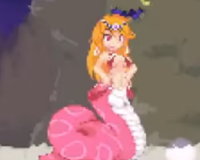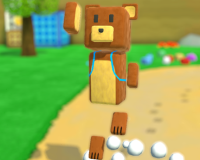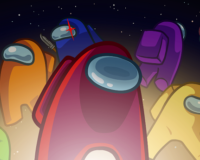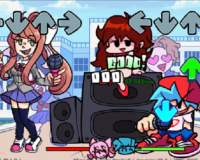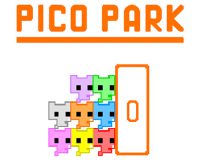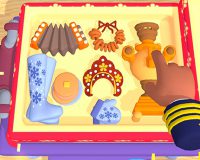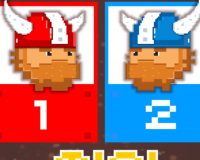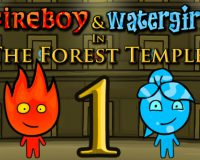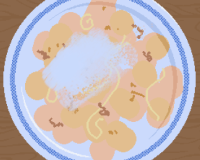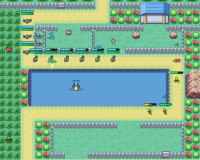
Advertisement
Catan
Catan is a resource-based board game where players work to expand their settlements on an island made of hex tiles. Each player begins with two settlements and two roads, placed on intersections that determine which resources they can collect. As the game progresses, players gather materials like lumber, brick, wool, grain, and ore to build new structures, trade with others, and aim to reach ten victory points. The layout of the board changes each game, offering a different experience every time.
Gameplay and Turn Mechanics
Each turn begins with the roll of two dice. The result determines which numbered hexes produce resources that round. All players with adjacent settlements or cities collect the corresponding resources. Cities produce double, while settlements produce one unit. A roll of seven triggers a special rule: the robber moves to a tile, blocking production, and the player who moved it may steal one card from another player with a settlement next to that tile. Players must also discard half their hand if they have more than seven cards.
Player Actions and Strategies
During a turn, a player can use resources to perform various actions:
- Build roads to expand into new areas
- Place settlements to access different resources
- Upgrade settlements into cities for greater production
- Buy development cards for hidden effects and points
- Trade with other players or through ports for better exchange rates
These actions allow players to shape their own path to victory while adapting to the shifting game state.
Interaction and Bonus Objectives
Trading plays a large role in how players progress. Because no one has access to every resource, players must work with others to get what they need. Strategic negotiation can provide an advantage or slow down opponents. Players can also earn two bonus points each for holding the longest road or the largest army. These bonuses are not permanent and can be claimed by other players later, adding tension and competition throughout the game.
Flexibility and Lasting Appeal
Catan has remained a popular game because of its dynamic board setup and variety of strategies. While chance is introduced through dice rolls, success depends on efficient use of resources, good timing, and strong positioning. Each match creates new challenges, whether in resource scarcity, player conflict, or trade dynamics. The game’s design supports both competitive play and casual sessions, making it accessible to many types of players. Catan’s structure allows it to remain relevant in modern tabletop gaming.



